U.S. Supreme Court Justice Amy Coney Barrett has publicly refuted fellow Justice Clarence Thomas after the court unanimously decided on a trademark case.
This refutation came in a separate opinion written after Thomas’ own majority opinion evidently mischaracterized Barrett’s stance on the case and her ultimate decision.
Vidal v. Elster
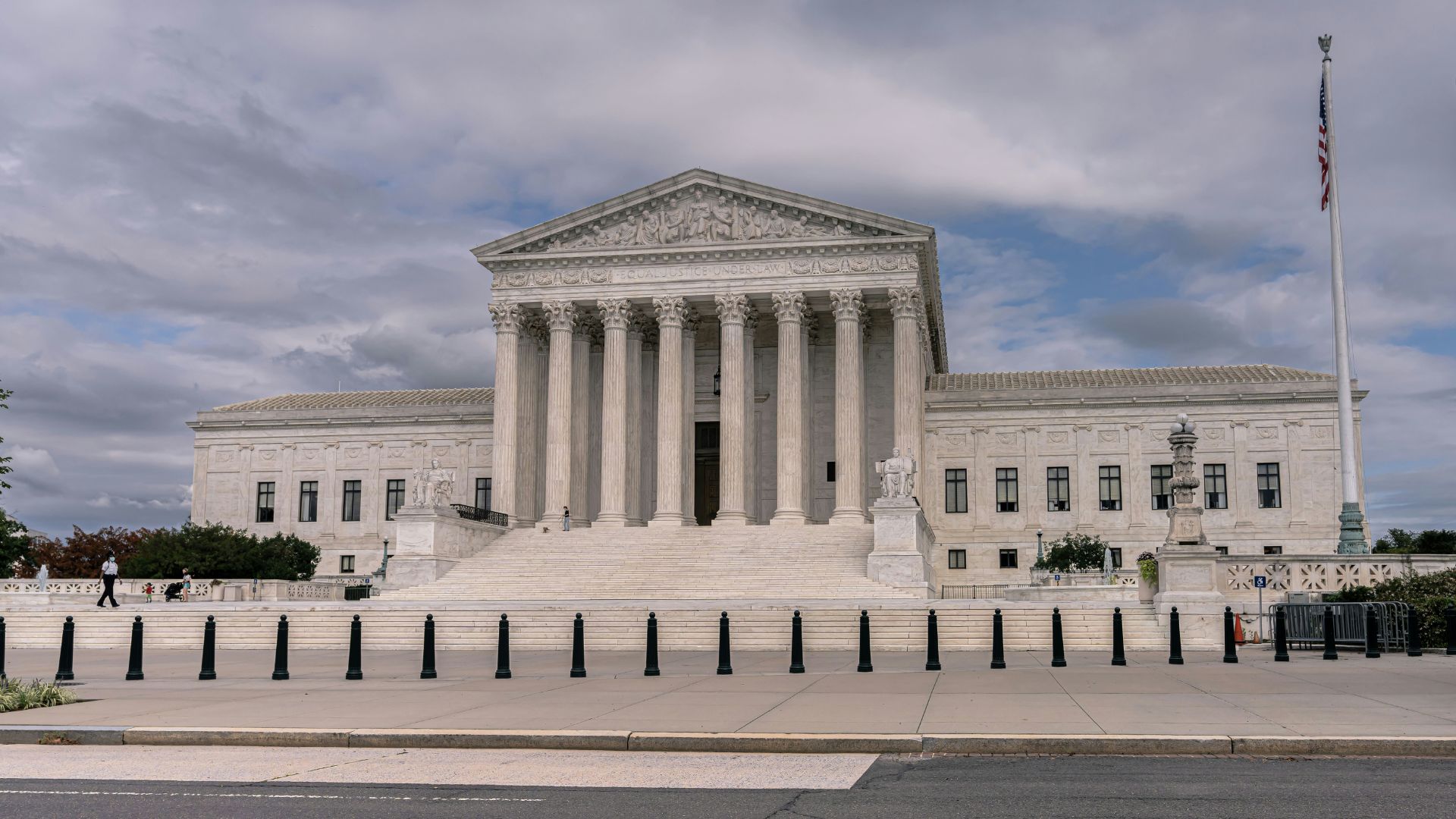
The Supreme Court decided on Vidal v. Elster, a trademark case. All justices sided with the Patent and Trademark Office (PTO) against Steve Elster.
Elster brought this legal case forward after the PTO denied his attempt to register the phrase “Trump too small” for t-shirts.
The PTO’s Rejection
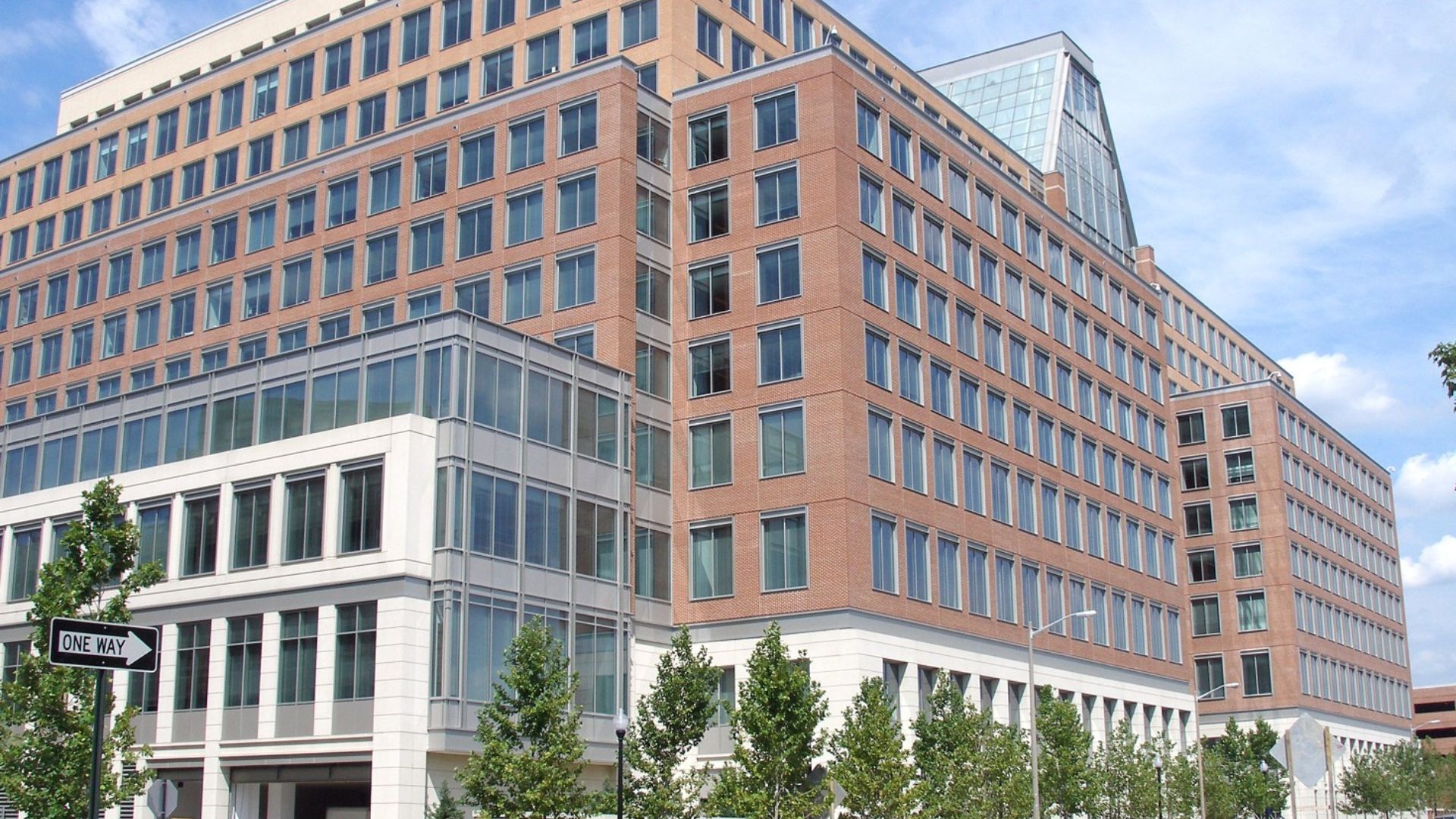
The PTO denied this trademark registration because Elster had not received Trump’s consent. Anything that clearly identifies “a particular living individual” needs to be cleared by the individuals themselves.
As Elster didn’t receive consent for this trademark idea that would mock former President Donald Trump, the PTO rejected his quest for registration.
A First Amendment Case
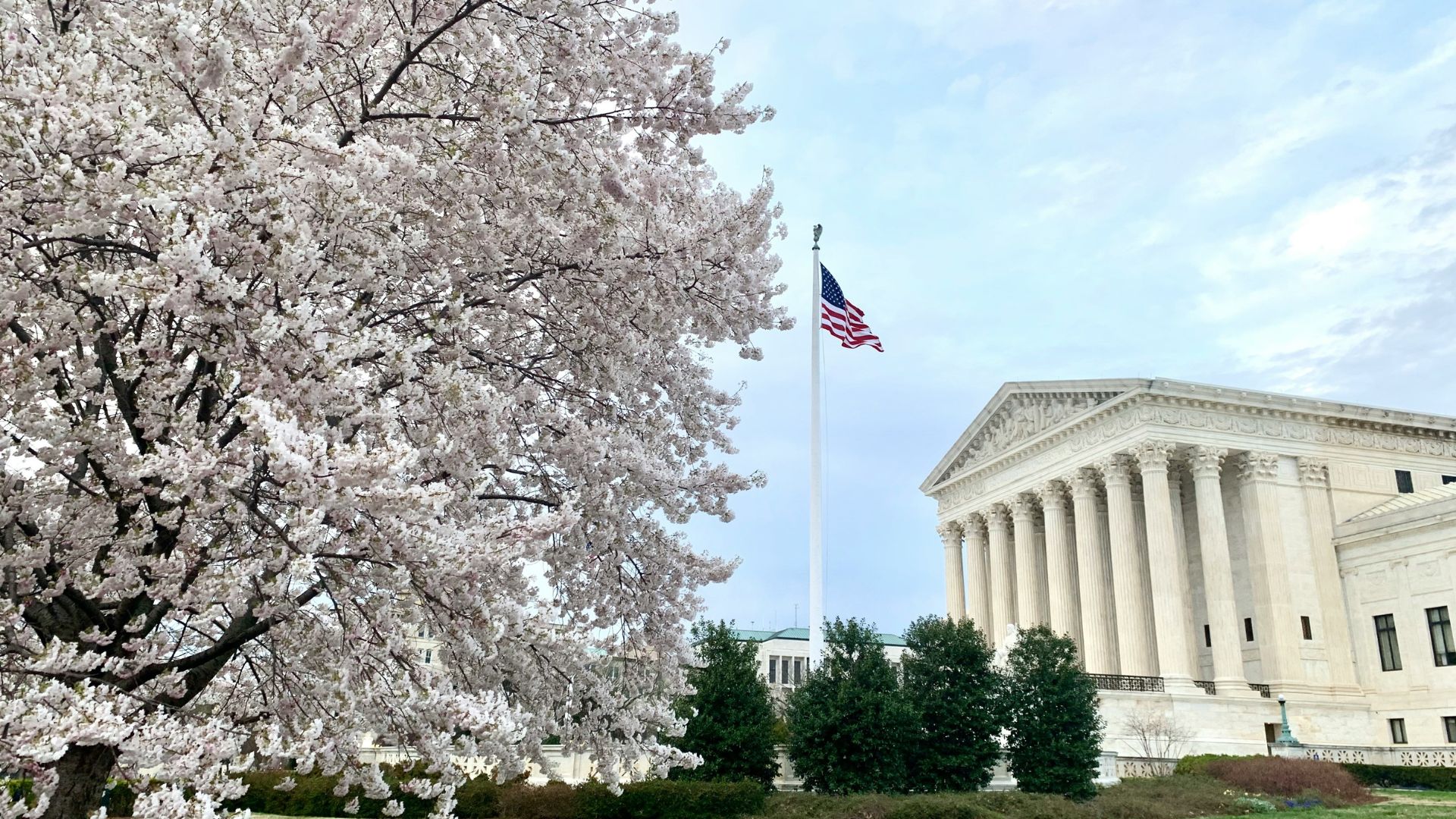
Once Elster brought legal action against the PTO, this case quickly switched from a trademark case to a First Amendment case.
According to Elster, this rejection by the PTO violates his First Amendment rights. The Supreme Court sided in favor of the PTO and rejected Elster’s claims, declaring that the First Amendment still allows the PTO to refuse certain registrations, such as Elster’s.
A Unanimous Agreement
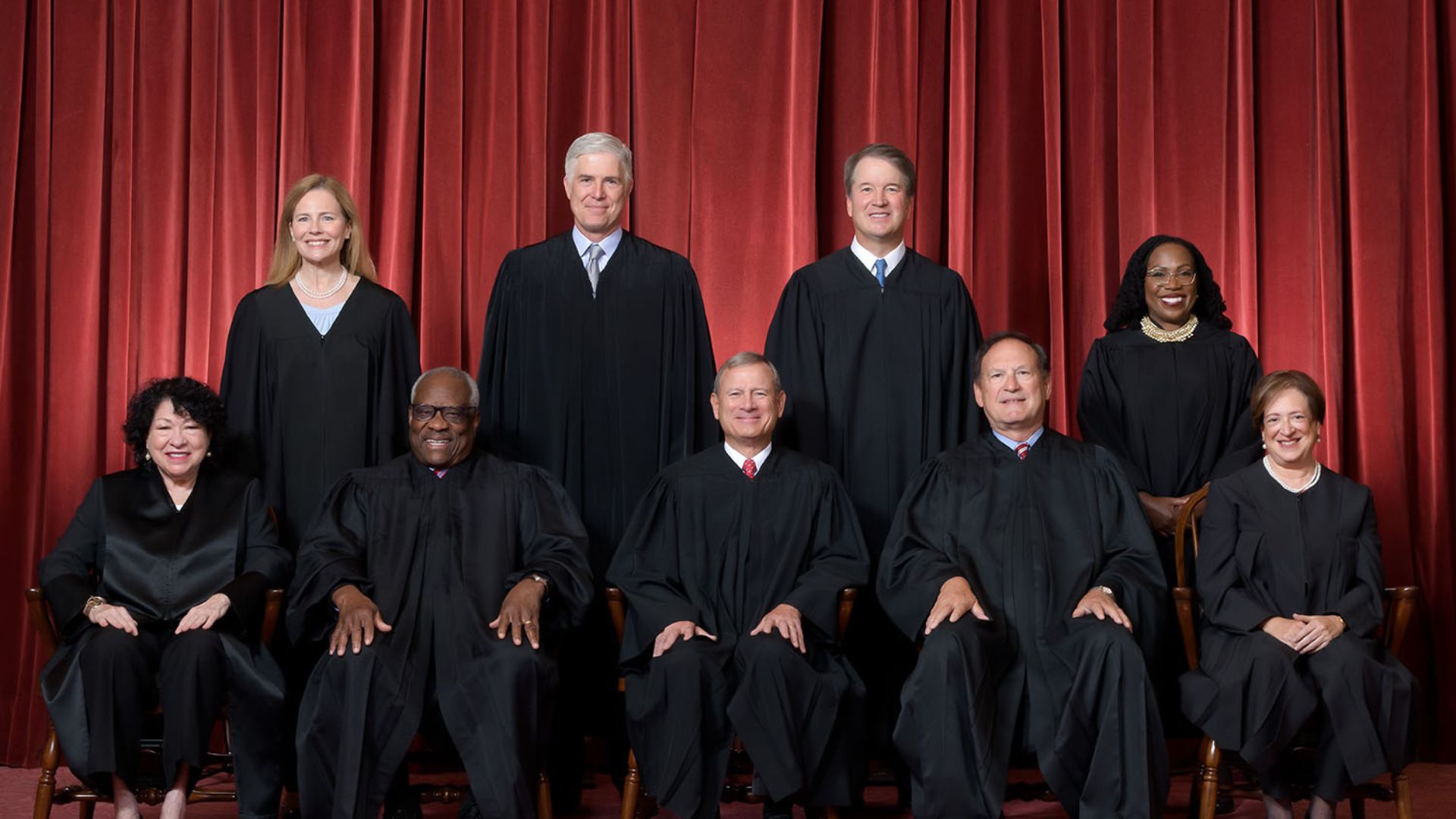
The court came to this conclusion unanimously, and all sided with the PTO. However, though they all were in agreement to reject Elster’s claims, opinions differed between the justices on why they came to this decision.
Justice Thomas wrote the majority opinion to explain this decision for six fellow justices, save Elena Kagan, Sonia Sotomayor, and Ketanji Brown Jackson. Though Thomas did write for Barrett, it appears he mischaracterized some of her legal reasoning in this case.
Thomas’ Majority Opinion
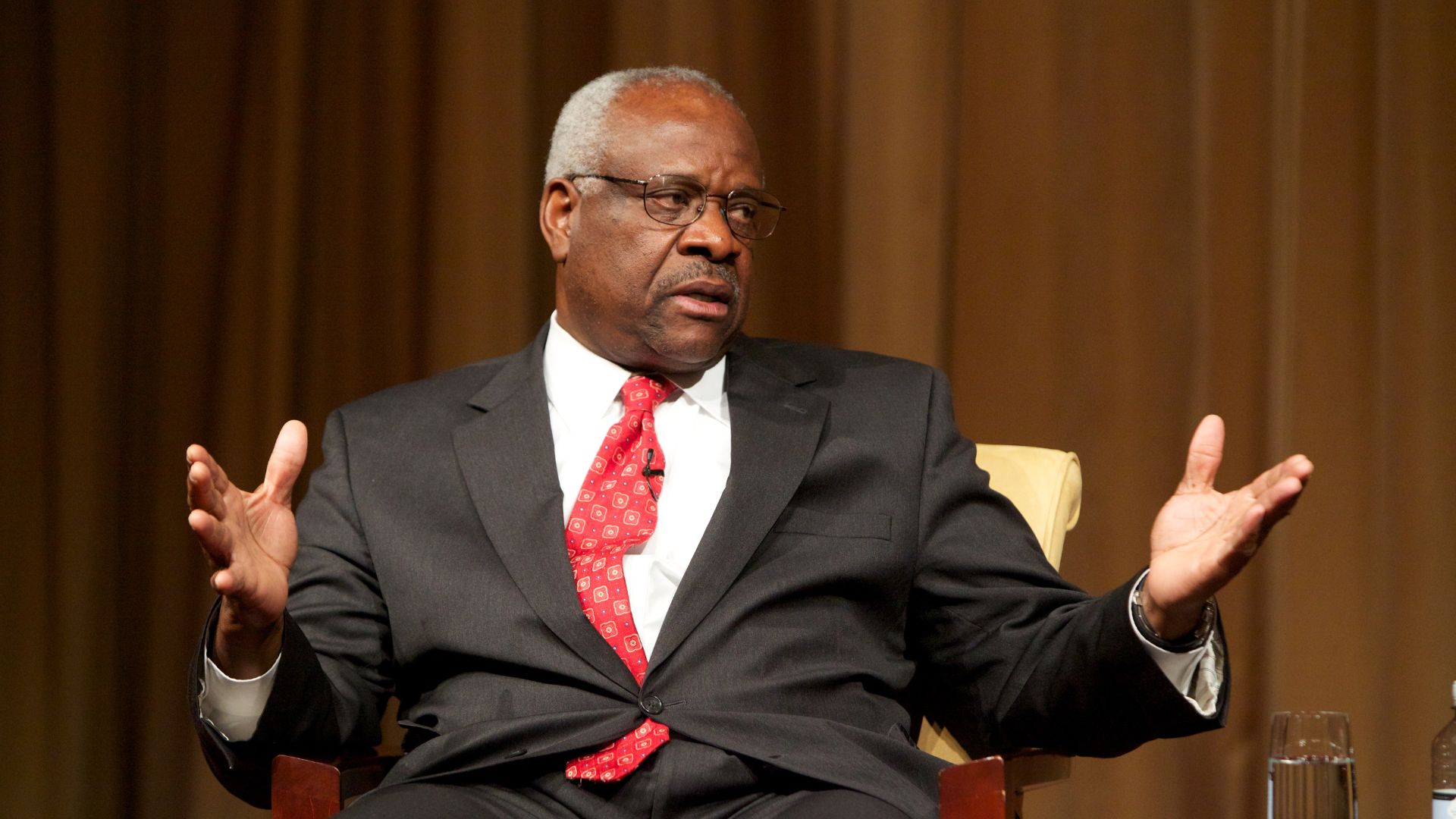
According to Thomas in his majority opinion, the PTO’s rejection of his trademark does not violate his First Amendment right to free speech.
Thomas also explained that U.S. trademark law deals with content-based restrictions, not viewpoint-based restrictions. Therefore, if the restriction occurred because of viewpoint, this would violate the First Amendment.
A Names Clause
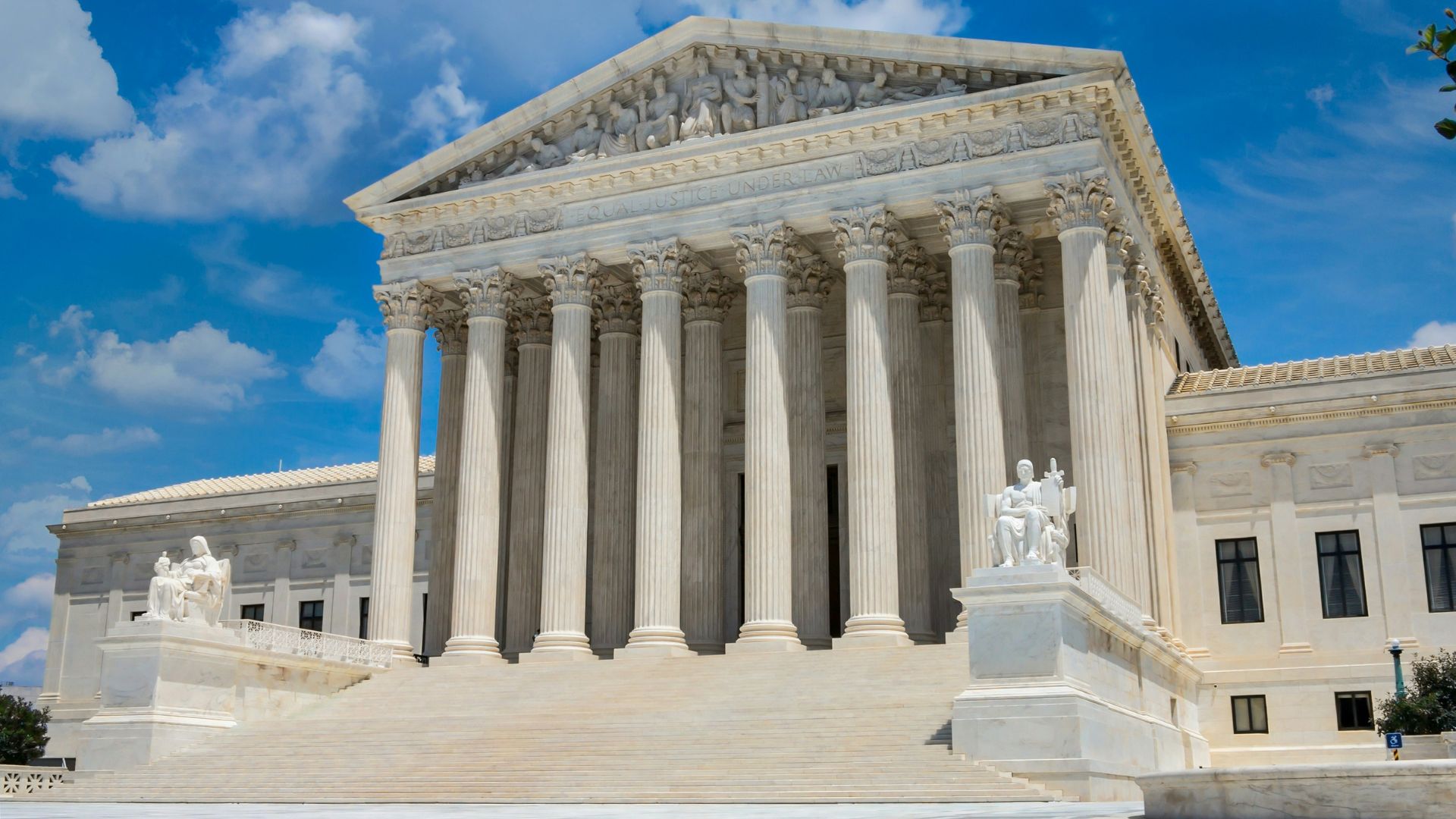
The most important part of this case had to do with using a person’s name. Thomas wrote that the restriction is content-based, rather than viewpoint-based, as it uses someone’s name.
Thomas wrote, “The names clause turns on the content of the proposed trademark — whether it contains a person’s name. If the trademark does contain a person’s name, and the registrant lacks that person’s consent, then the names clause prohibits registration.”
History and Tradition
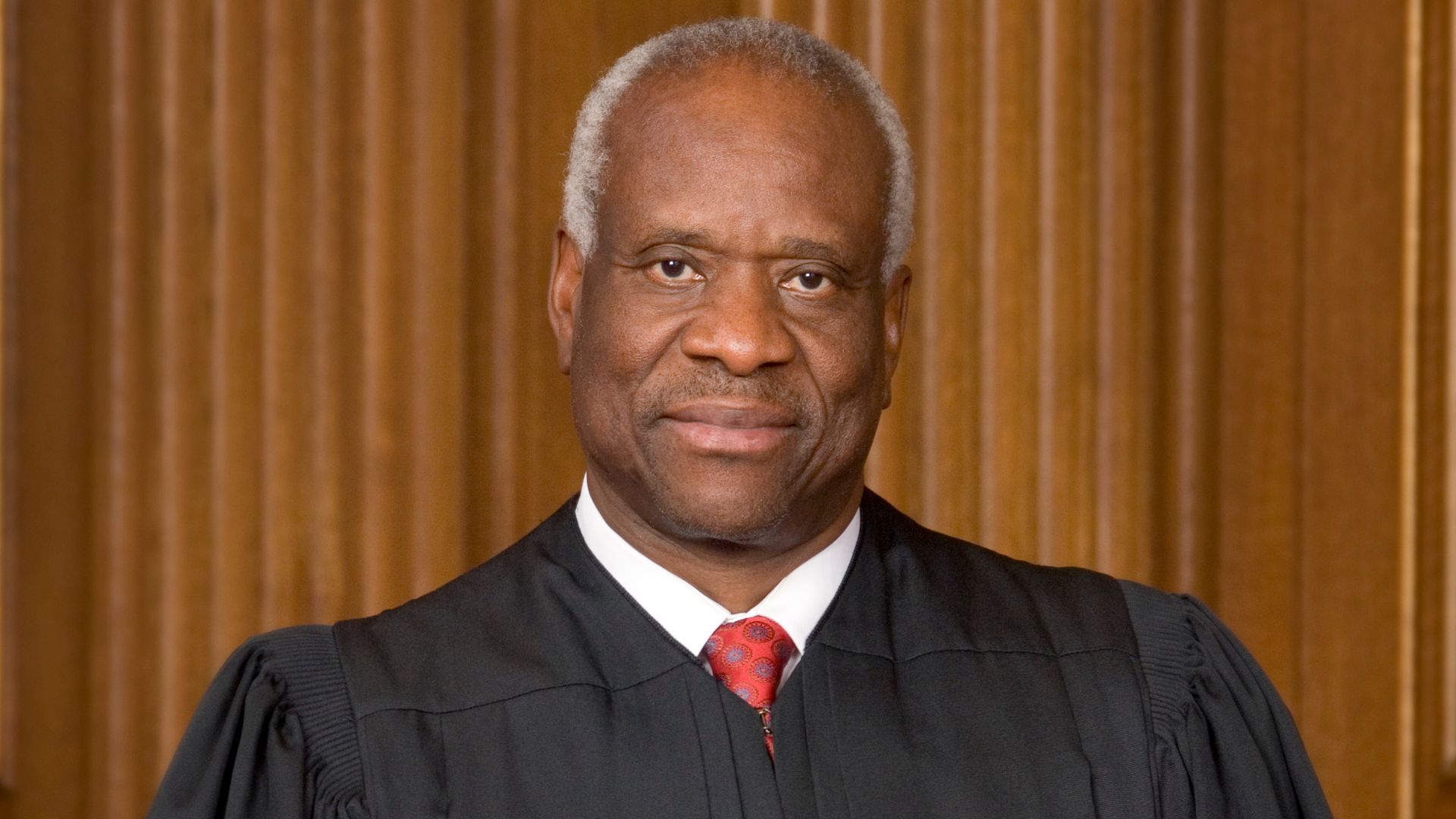
Talk of “history and tradition” is where Thomas seemingly differed from Barrett. In the majority opinion, Thomas discussed looking at the history of the First Amendment.
He wrote, “American commerce became more national in character, and, perhaps because of this shift, Congress enacted the first federal trademark law in 1870. Although States retained their important role, ‘Congress stepped in to provide a degree of national uniformity’ for trademark protection.”
Barrett Refutes Thomas’ Opinion
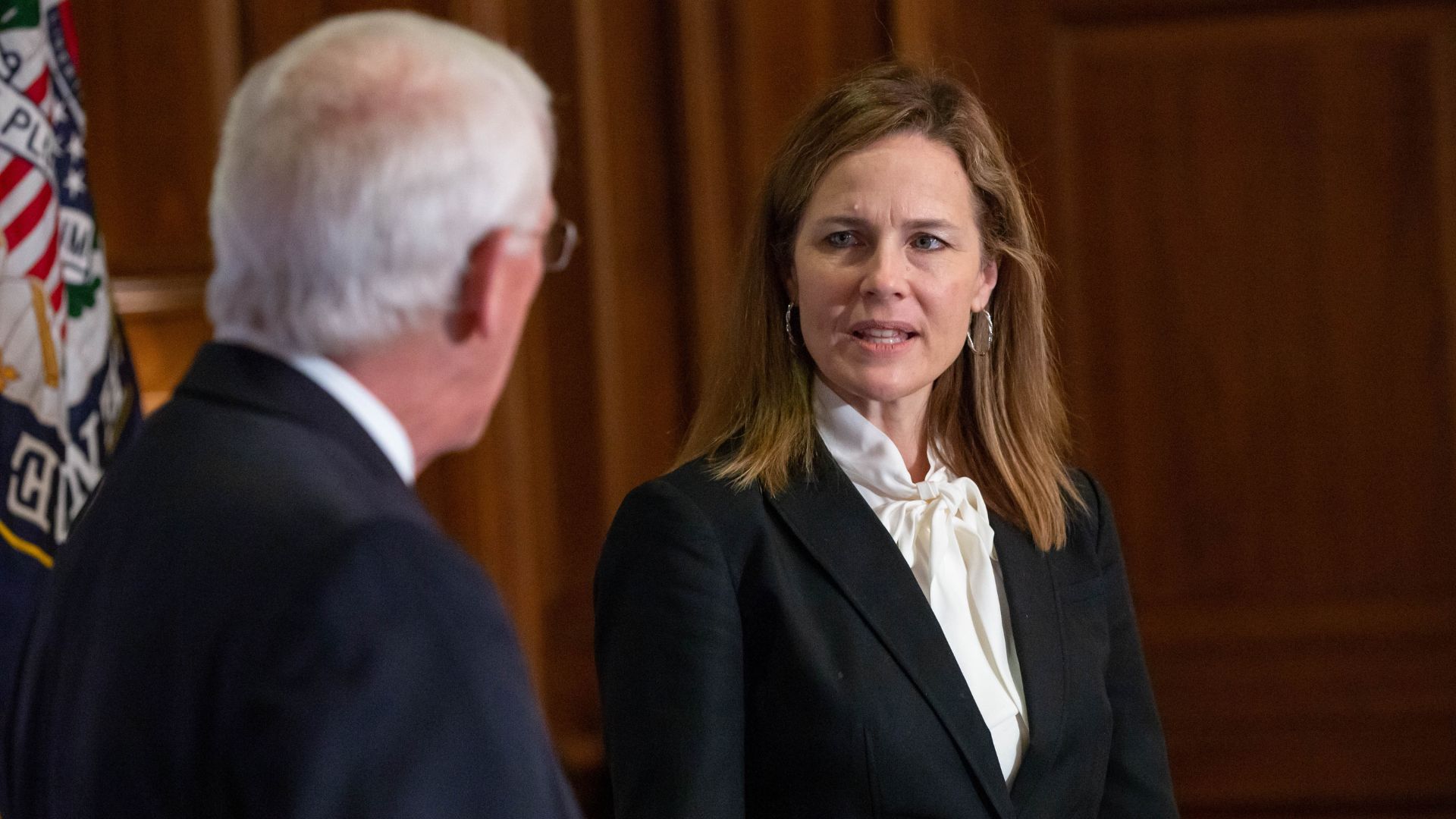
In Barrett’s own concurring opinion, she refuted Thomas’ writing and explained that looking at historical examples only further complicates the entire case and argument.
“Justice Thomas mistakenly suggests that I present the federal trademark register as a limited public forum. That is not my position. Rather, I view the content-based nature of the limited public forum as analogous to the trademark registration system. Moreover, by characterizing my argument as a conclusory statement that the limited public forum framework is ‘apt,’ Justice Thomas ignores my reasons for drawing the analogy,” Barrett wrote.
Differing on History
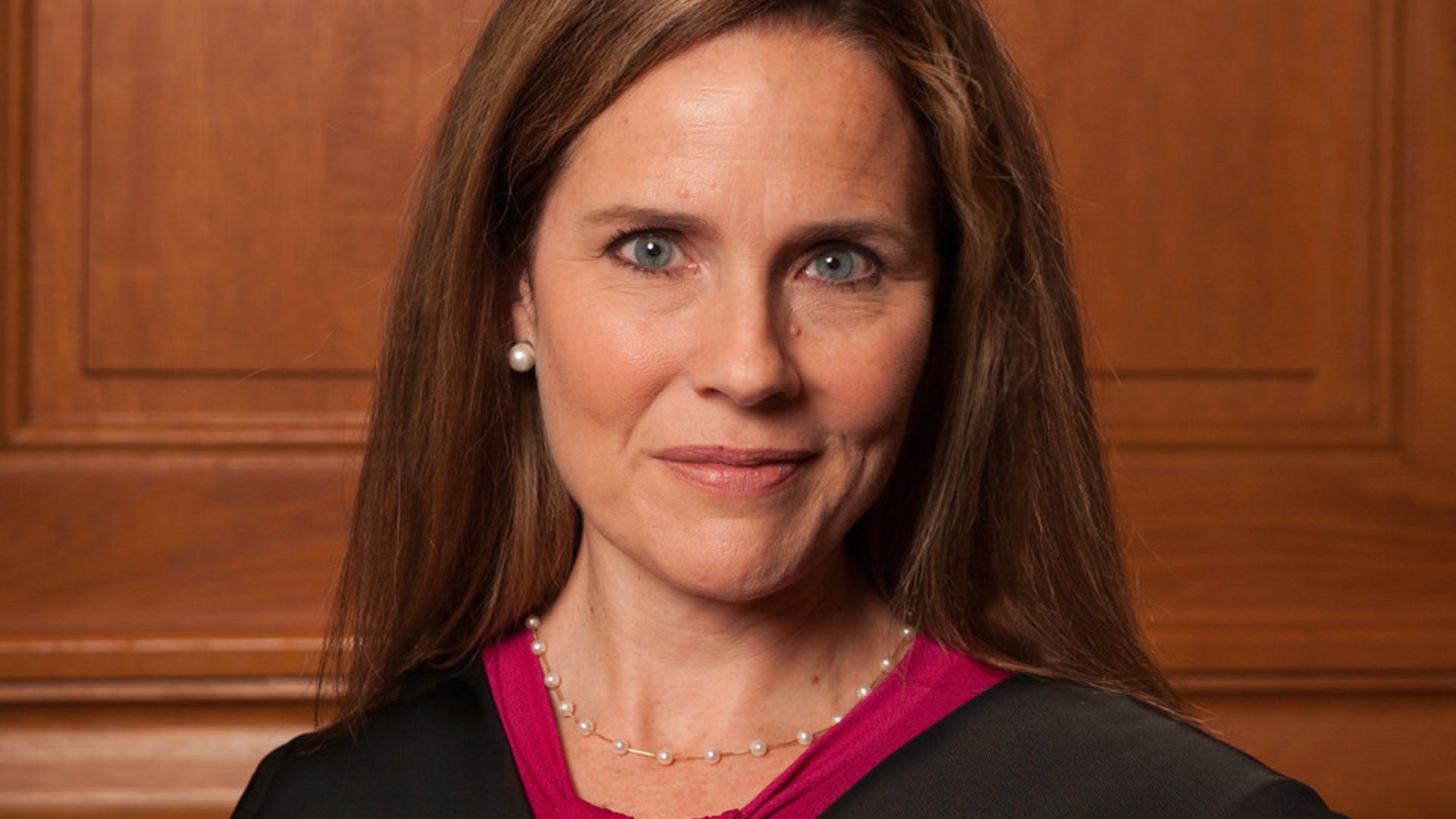
Barrett further explained that the court cannot look at historical similarities in this trademark case, simply because other trademark cases from the late 19th century or early 20th century are only “loosely related” to the present one.
Therefore, these only slightly similar historical precedents cannot establish what Thomas considers to be historical evidence for the names clause in trademark cases.
Sotomayor Concurs With Barrett
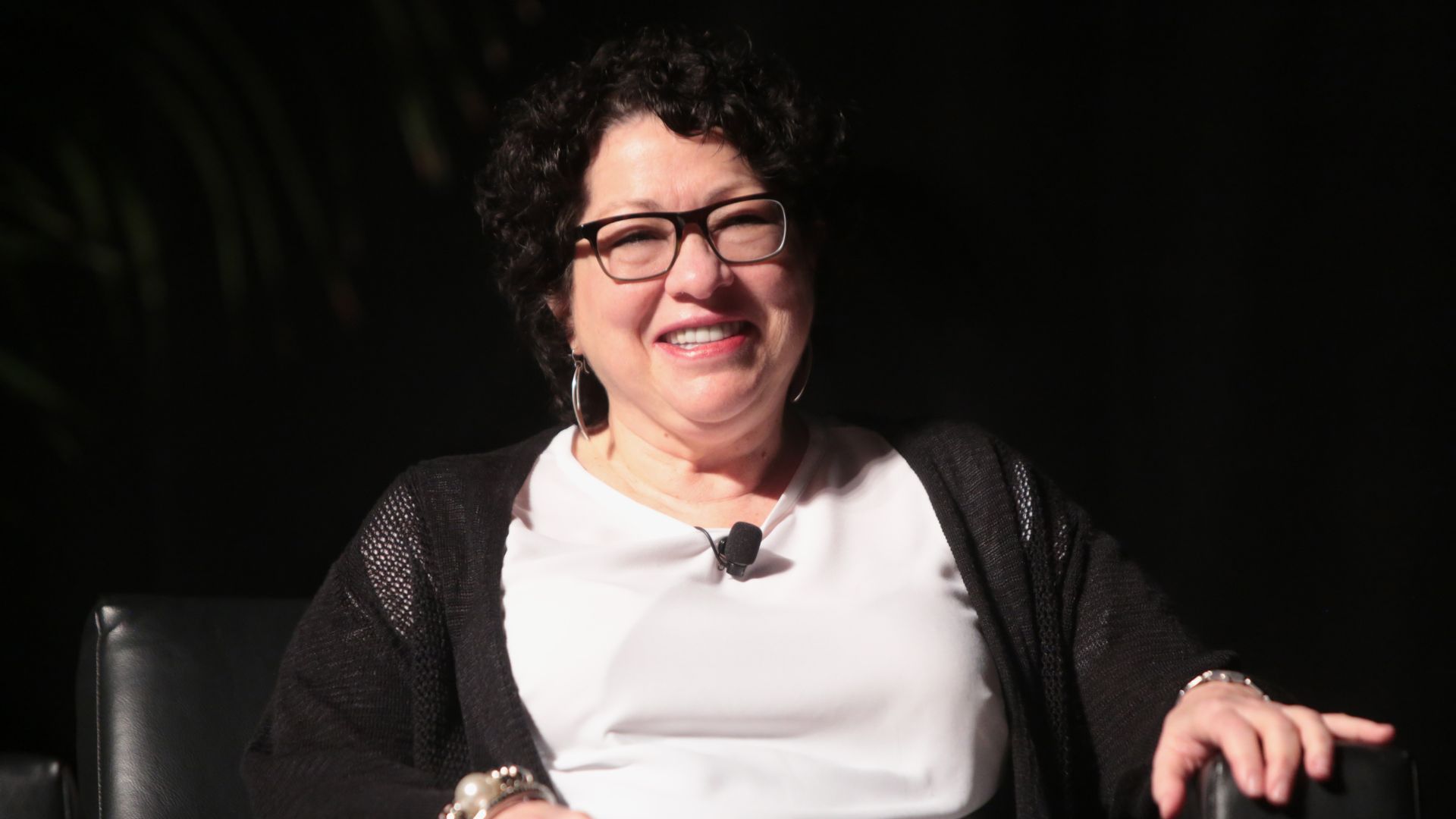
Meanwhile, Justice Sotomayor, a liberal judge, sided with conservative Barrett in her concurring opinion when it comes to the historical discussion that Thomas wrote about.
Sotomayor wrote, “I agree with Justice Barrett that, even if the majority’s historical ‘evidence were rock solid,’ there is no good reason to believe that ‘hunting for historical forebears on a restriction-by-restriction basis is the right way to analyze the constitutional question.'”
Thomas Faces Criticisms
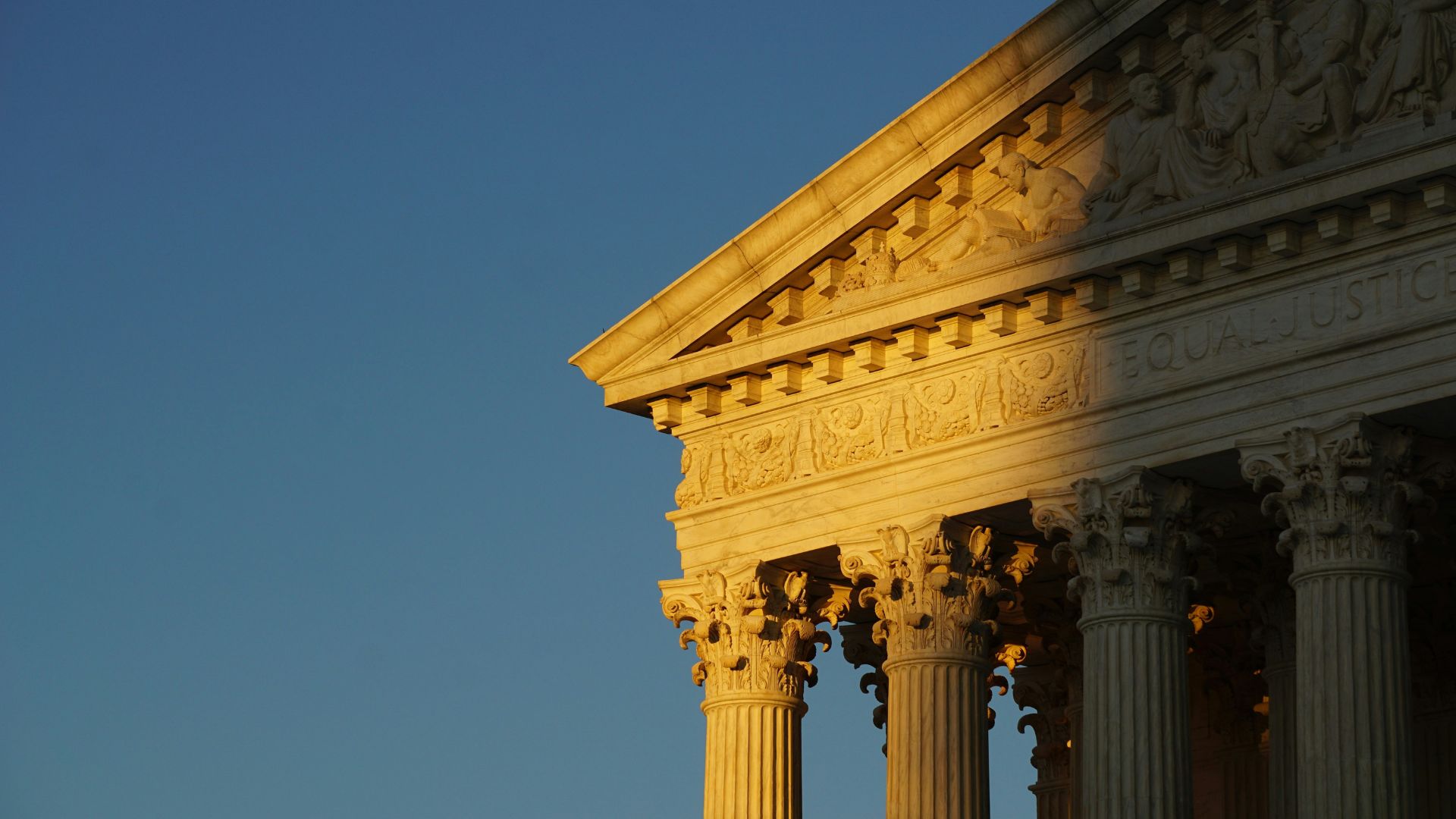
While Barrett did write that Thomas incorrectly characterized her own opinion about the history of this case and that it was “wrong twice over” to argue that history alone can solve this issue, the most pointed Thomas criticisms came from Sotomayor, Kagan, and Jackson.
Sotomayor has insinuated that Thomas only used data and documents that would further his own opinion, rather than looking at all of history. She wrote that this is “the equivalent of entering a crowded cocktail party and looking over everyone’s heads to find your friends.”
Thomas on Criticism
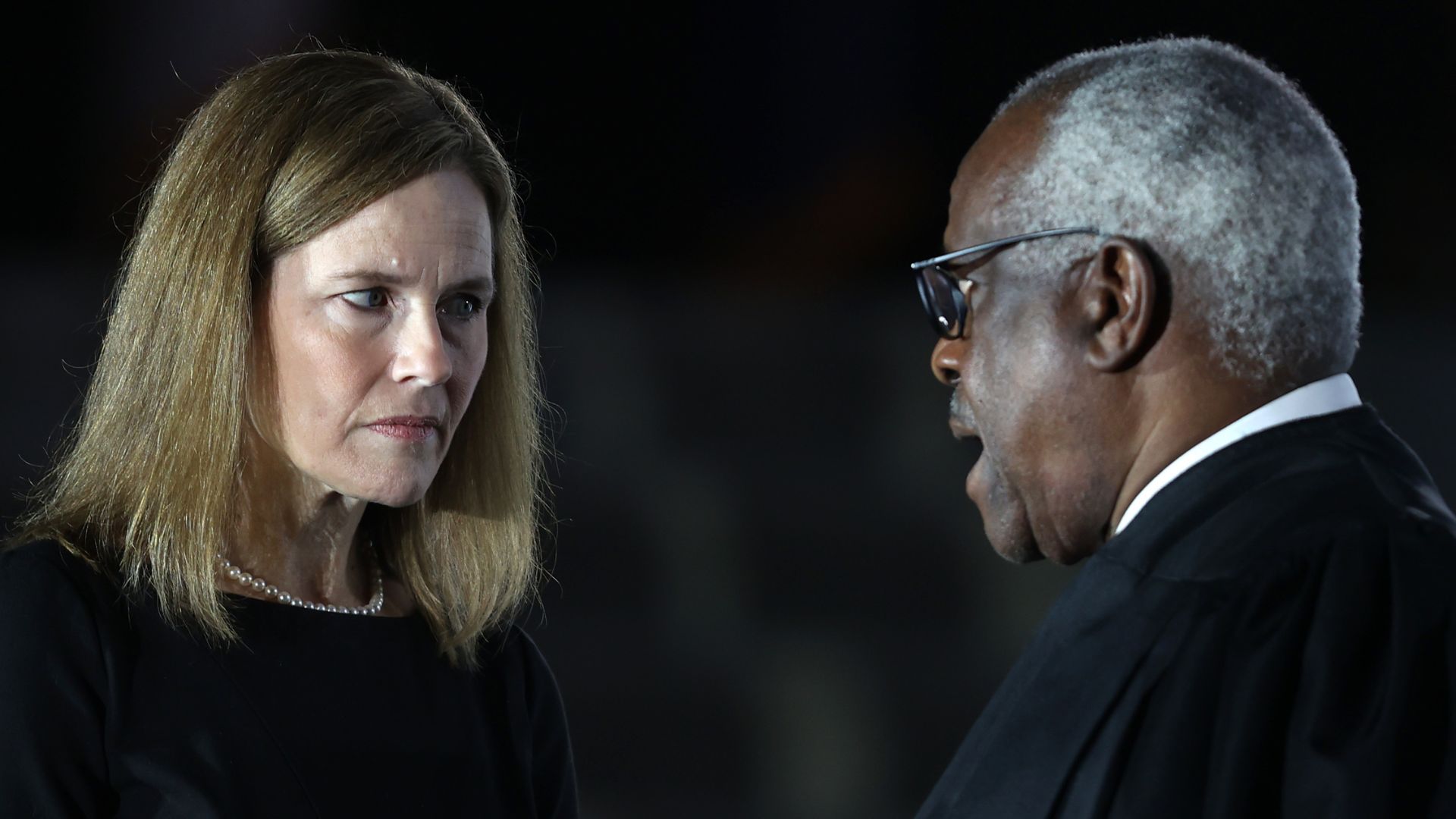
Previously, Thomas has made public comments on the nature of the politics of Washington that caused a “nastiness” in his critics.
“Being in Washington, you have to get used to particularly people who are reckless,” said Thomas in May. “They don’t bomb you, necessarily, but they bomb your reputation or your good name or your honor. And that’s not a crime but they can do as much harm that way.”
Nastiness and Lies
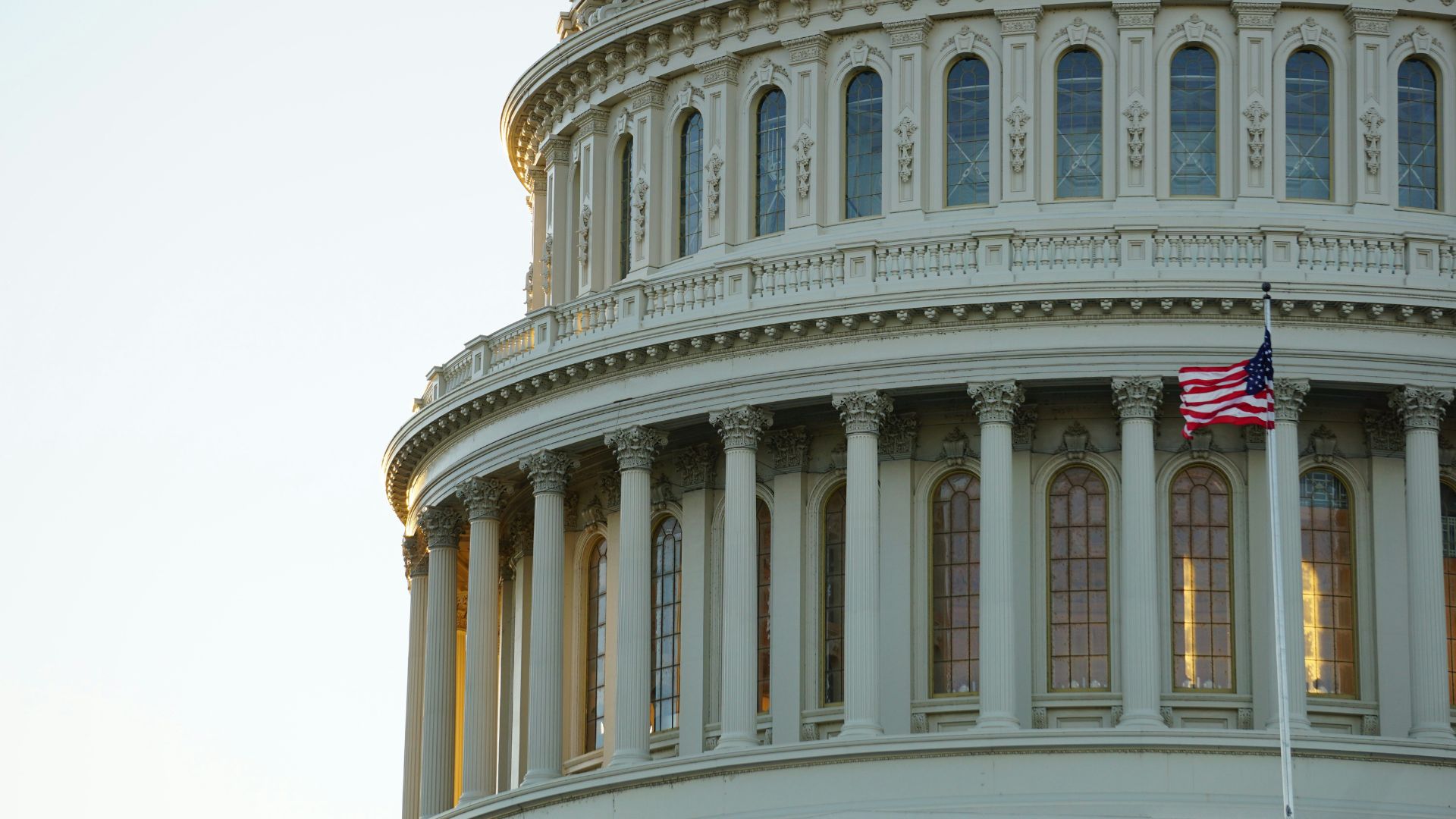
Thomas felt the need to publicly push back against critics that he feels are making Washington a “hideous place.”
“My wife and I, the last two or three years, it’s been – just the nastiness and the lies – it’s just incredible,” Thomas said.
Pride in Being Awful
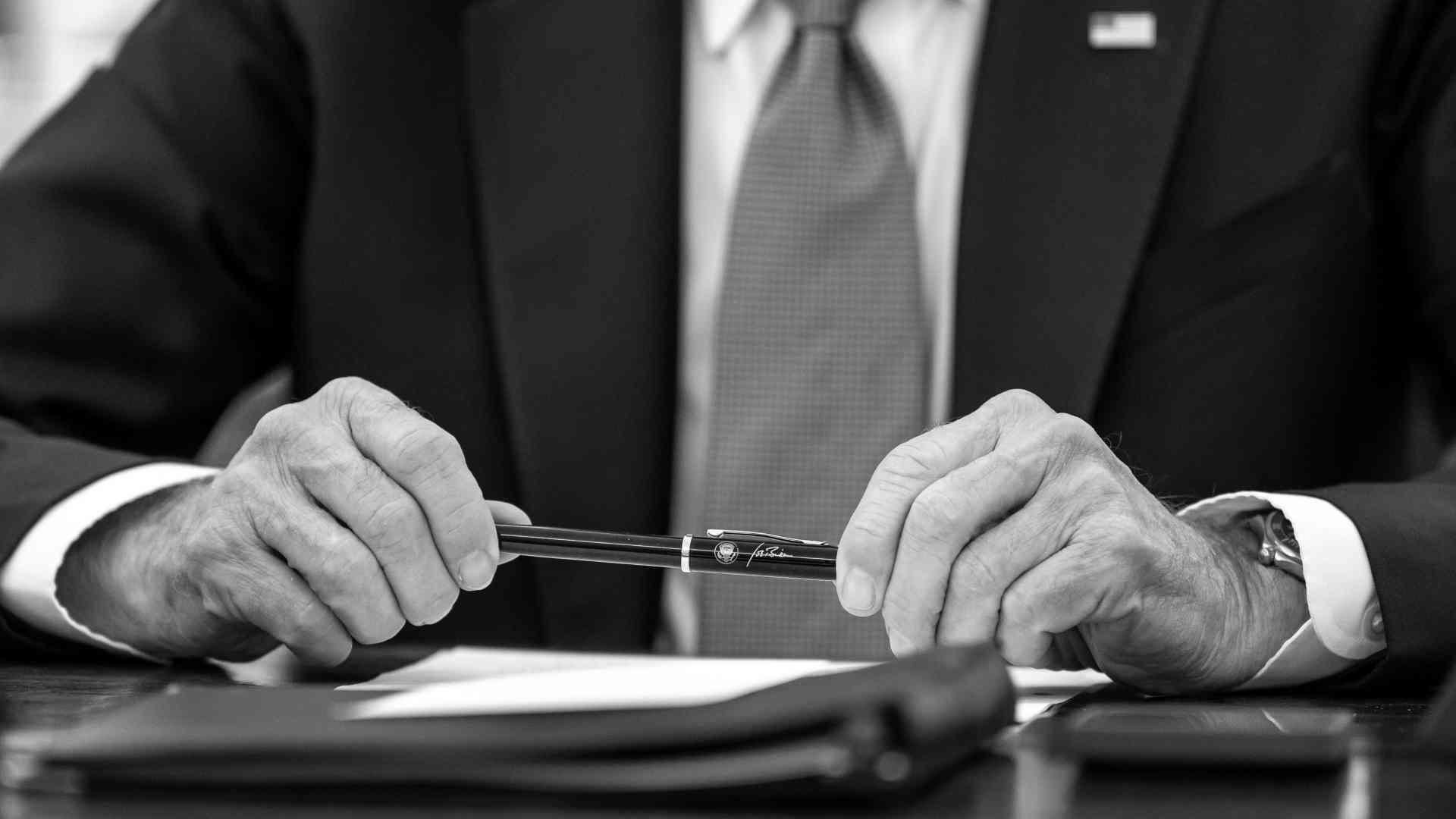
As Thomas puts it, many people in Washington have awful personalities. His candid comments provide a look behind the scenes at the people who are in the most powerful positions in the country.
“I think what you’re gonna find, and especially in Washington, [is] people pride themselves in being awful,” Thomas said.
Doing Harm Because They Can
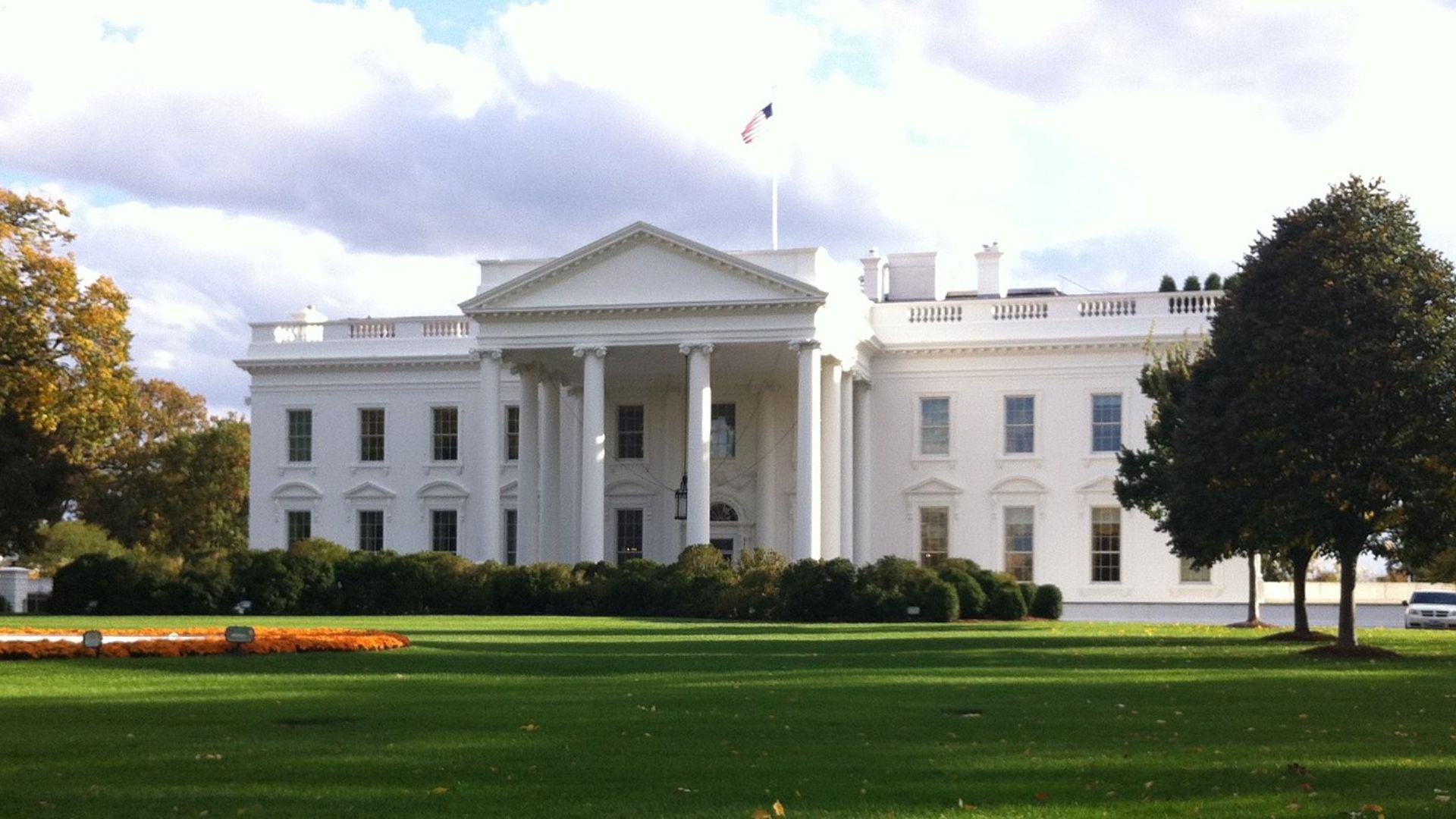
In Thomas’ interactions with people in Washington, he found that the people working in this place sometimes do awful things just for the sake of it.
“It is a hideous place, as far as I’m concerned,” Thomas said, saying he prefers places where people “don’t pride themselves in doing harmful things merely because they have the capacity to do it.”
Lamenting Mistrust
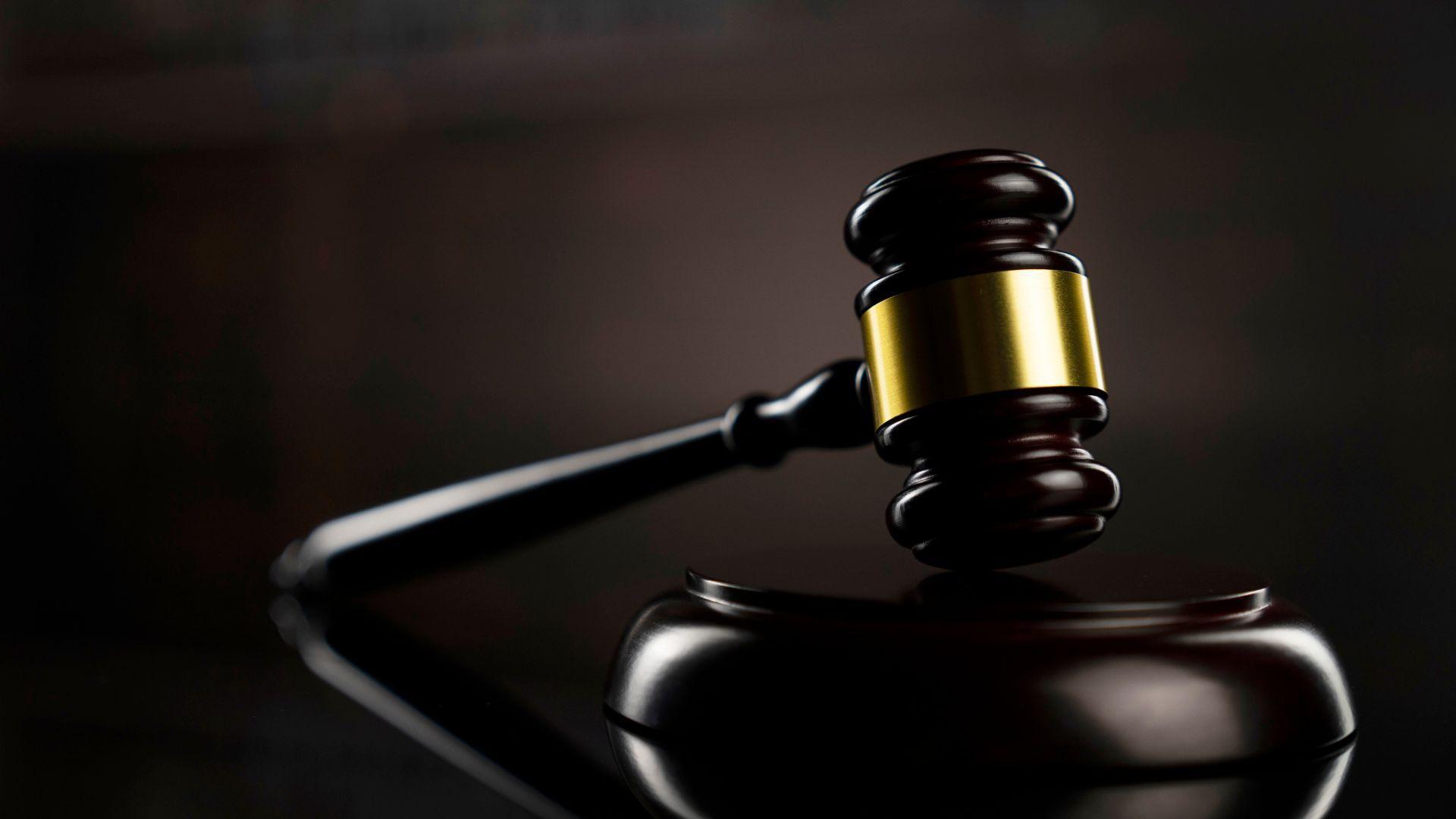
During his comments in May, Thomas was saddened by a loss of trust in the Supreme Court as evidenced by the leak of the Supreme Court decision over Roe v. Wade in 2022. Thomas asserted this would not have happened when he first took the bench.
“We may have been a dysfunctional family, but we were a family,” Thomas said of how the court used to be. “It would be inconceivable that anyone would leak an opinion of the court or do anything to intentionally harm one another.”
Short Timeline

Thomas also said he regrets the shortened timeline that the court has started taking emergency requests in recent years, something that has received criticism for not diving into issues deeply enough.
“I think there’s some concern about that among my colleagues – certainly with me – because it short circuits our process,” Thomas said. “The way that we’re doing it now, I think, is not a thorough way of dealing with very, very difficult issues.”
Thomas Underfire

Seperate from the criticisms he dealt with from Barrett during this trademark case, Thomas’s conduct has also been scrutinized by the Senate Judiciary Committee.
According to Committee Chairman Dick Durbin, the committee has uncovered trips Thomas was given by a GOP megadonor during an ethics investigation.
Amended Disclosure

This ethics panel is being led by Democrats and was launched last year after it came to light that Thomas had allegedly not been properly disclosing expensive gifts from GOP donor Harlan Crow.
Thomas had to recently amend his 2019 financial disclosure report for private jet trips to Indonesia and California.
Million in Gifts

According to the statement released by Durbin, Thomas has failed to disclose at least three additional trips and received millions in gifts over two decades as a Supreme Court justice.
“Nearly $4.2 million in gifts and even that wasn’t enough for Justice Thomas, with at least three additional trips the Committee found that he has failed to disclose to date,” said Durbin.
Crisis of Ethics
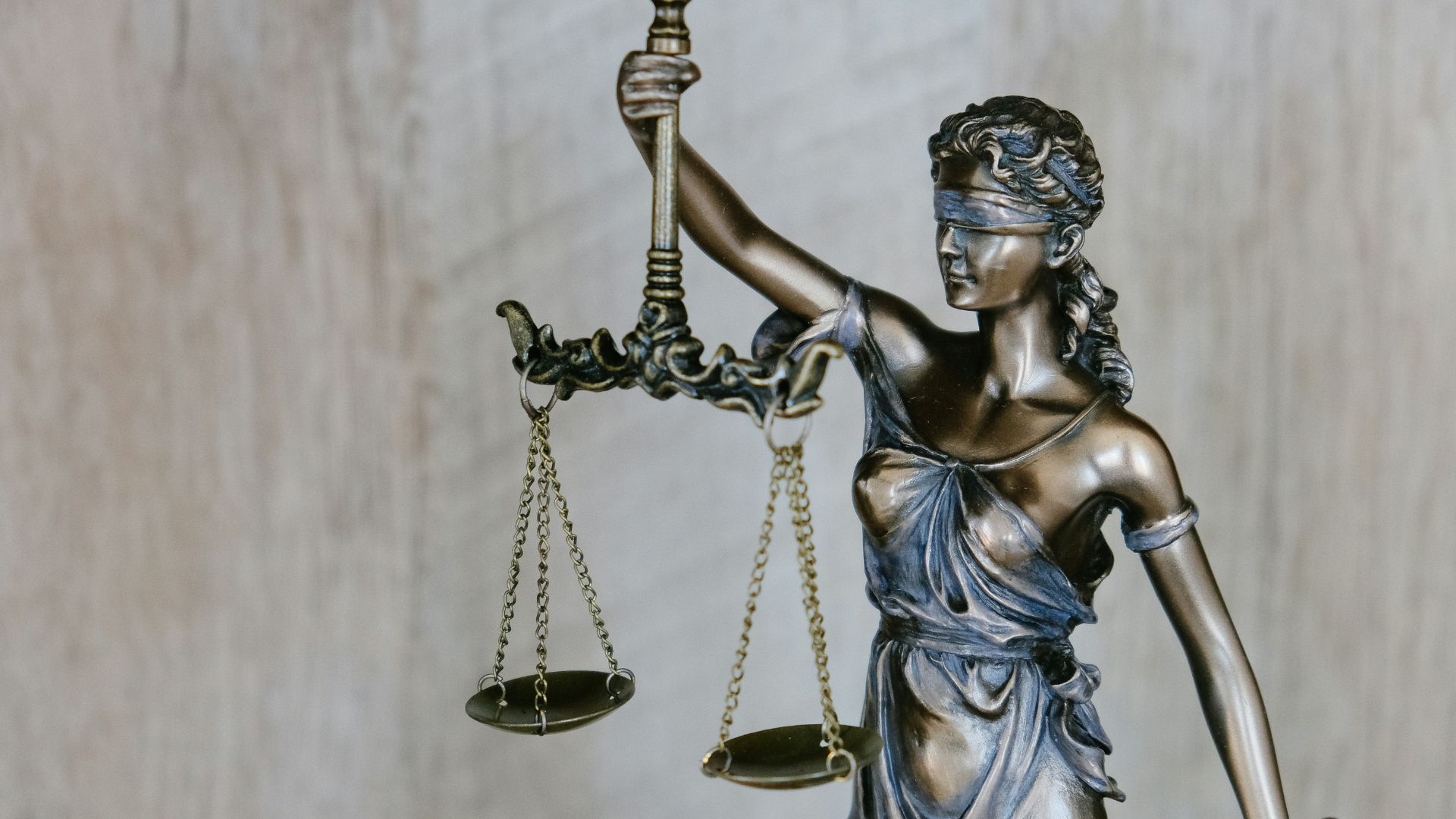
In his statement, Durbin asserts that the Supreme Court is in desperate need of strong ethical guidelines and is in a crisis.
“The Senate Judiciary Committee’s ongoing investigation into the Supreme Court’s ethical crisis is producing new information—like what we’ve revealed today—and makes it crystal clear that the highest court needs an enforceable code of conduct, because its members continue to choose not to meet the moment,” said Durbin.
Providing Clarity

Durbin makes the case for greater transparency for the Supreme Court, advocating for an act in Congress to become law that will help reform the court.
“…We are providing the American public greater clarity on the extent of ethical lapses by Supreme Court justices and the need for ethics reform. Despite an approval rating near all-time lows and never-ending, self-inflicted scandals, Chief Justice Roberts still refuses to use his existing authority to implement an enforceable code of conduct. Until he acts, we will continue our push for the Supreme Court Ethics, Recusal, and Transparency Act to become law,” said Durbin.
American’s Opinion of the Supreme Court

Given the Supreme Court’s recent scandals and the public rebukes justices make of one another, it might be unsurprising that favorable views of the court have fallen to historic lows.
According to Gallup data, the number of Americans who disapproved of the Supreme Court last September was 58%, a historic high of disapproval.
